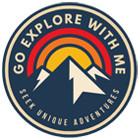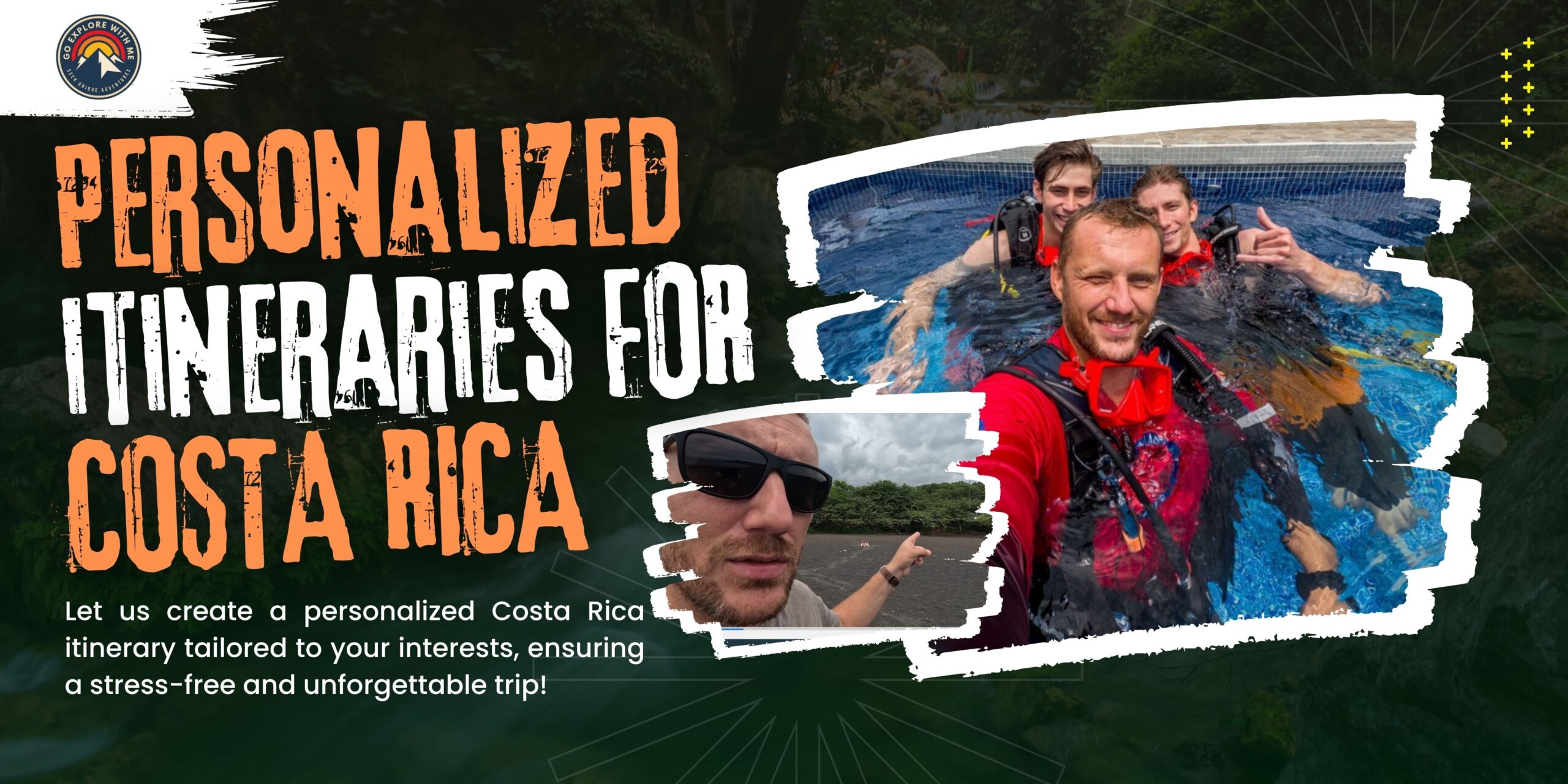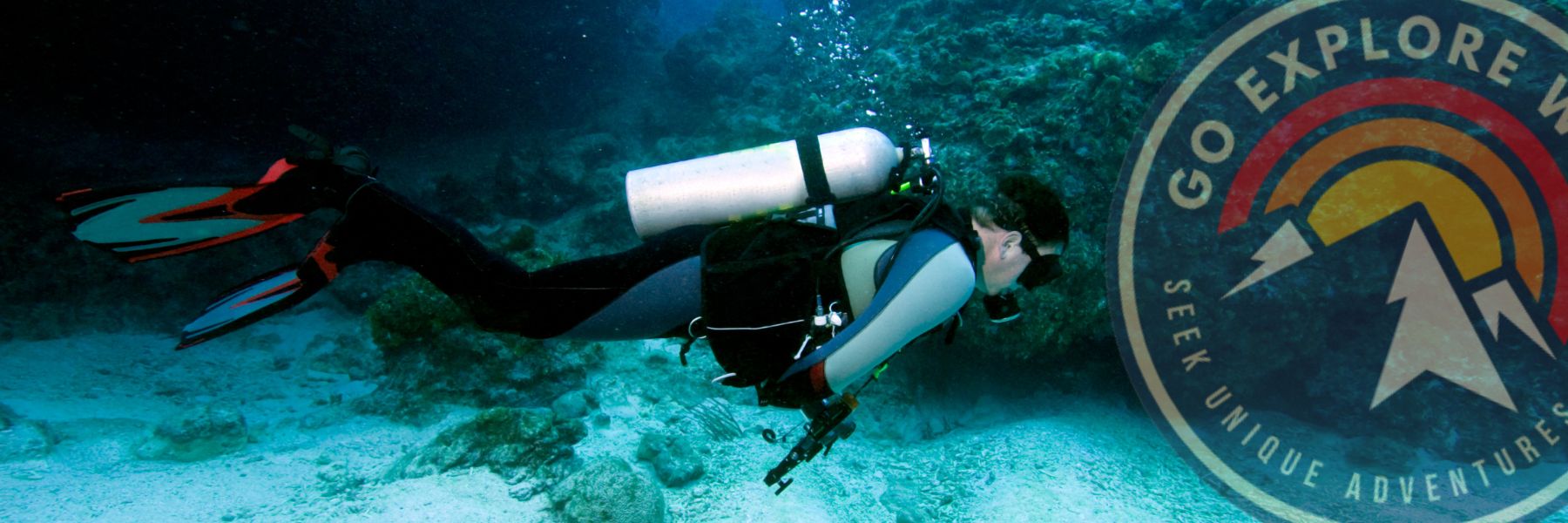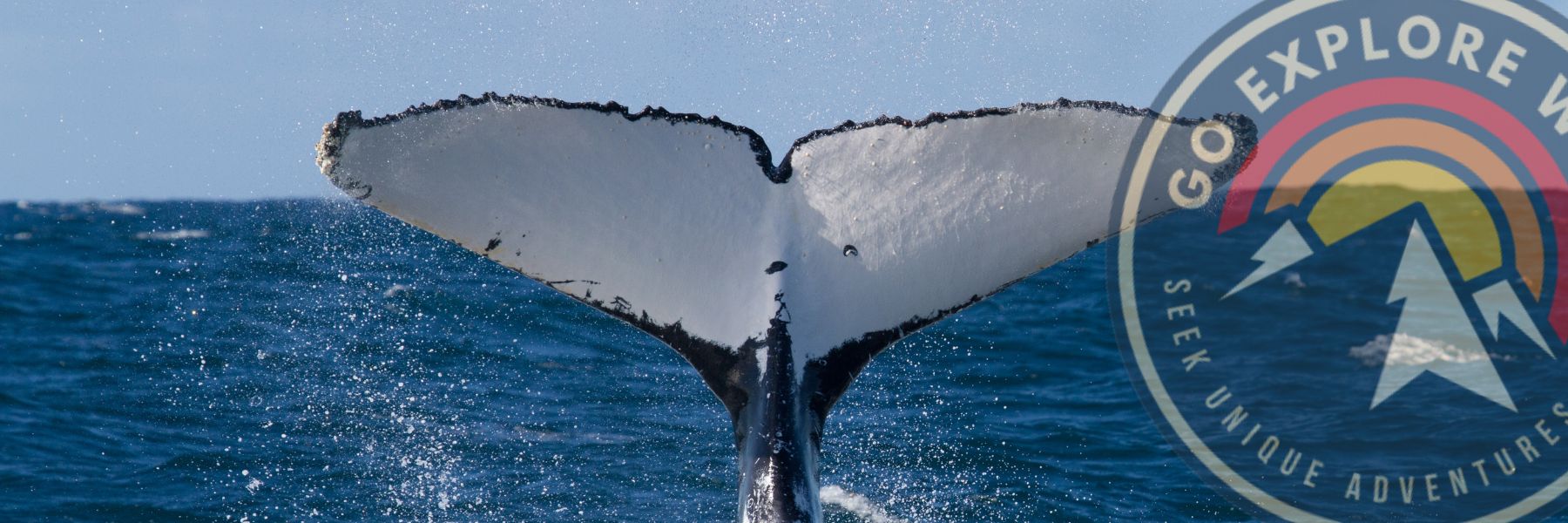Contents
So you’ve caught the scuba diving fever. Maybe it was that snorkeling trip that did you in or an afternoon spent binge-watching nature documentaries narrated by David Attenborough for hours on end. Whatever the case may be, you’re asking yourself the all-important questions—how much does scuba certification cost? And even more importantly— is it worth it?
Spoiler: yes, it is. But let’s dive into the details.
Scuba Certification: What Are You Actually Paying For?
When you sign up for a scuba certification course (like the PADI Open Water Diver), you’re not just buying a few hours underwater. You’re investing in skills, safety, confidence, and access to a whole new part of the planet — the 70% that’s underwater.
A proper course includes:
- Theory sessions (online or in-person)
- Confined water training (usually in a pool)
- Open water dives (in the ocean or lake)
- Equipment rental
- Certification fee
- Your instructor’s time, patience, and ability to make you feel calm when you’re breathing underwater for the first time
And that leads us to the next big question…
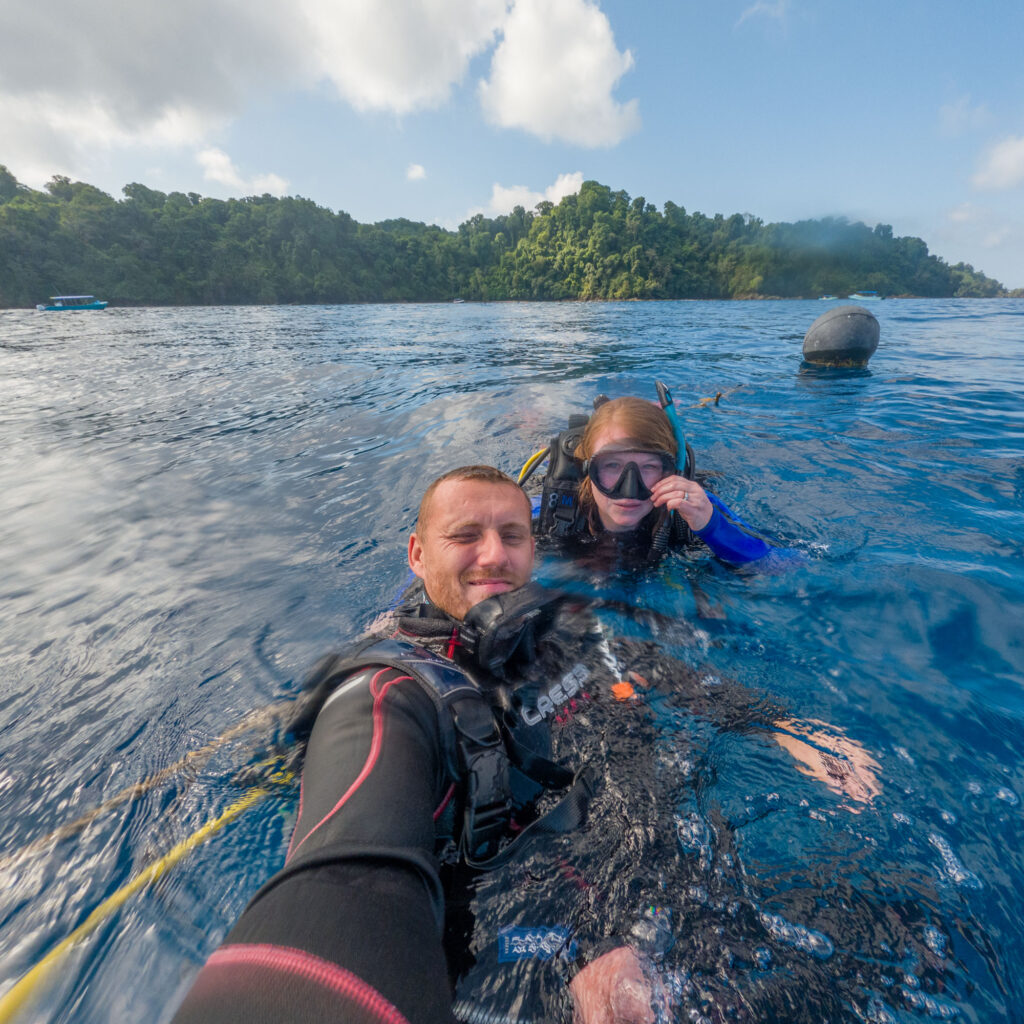
How Much Does Scuba Certification Cost?
Well, like everything in life — it depends. But to give you a ballpark:
- In Costa Rica, the scuba certification cost ranges from $500 to $800 USD, depending on the dive shop, location, and group size.
- In more high-end tourist destinations (like Hawaii or Australia), you might pay closer to $800 or more.
- Cheaper locations exist, but be careful — a super low cost of scuba certification can sometimes mean rushed training or sketchy equipment.
Honestly? Don’t bargain hunt too hard. This is one of those things where quality matters — and it directly impacts your safety.
Why Costa Rica Is a Great Place to Get Certified
You’re not stuck in a pool for the whole thing. Here, your scuba certification dives happen in warm Pacific water, surrounded by tropical marine life, volcanic rock formations, and maybe even a sea turtle or two.
Plus, the vibe is laid-back. You’re not in a factory-like dive resort pushing out dozens of students a day. Most reputable Costa Rican dive centers (like the one I run — yes, shameless plug) keep groups small, personalized, and focused on getting it right, not just getting it done.
What’s NOT Usually Included in the Price?
Good question. While most scuba certification costs cover the essentials, be sure to ask about:
- Park entrance fees (common near protected areas) – like diving at Isla del Cano
- Travel or boat transport to dive sites
- Optional gear purchase (like a mask or dive computer)
- Accommodation, if you’re staying multiple days
A good dive center will lay all this out clearly — no hidden surprises.
So, How Much Does Scuba Certification Cost?
Look — you’re paying for something that opens up 70% of the planet to you. That’s kind of a big deal. Once certified, you can dive around the world, join boat trips, explore shipwrecks, and see things most people will never experience outside of a screen.
So yeah, the cost of scuba certification might feel like a chunk of money upfront, but it pays off in experiences you’ll never forget.
Want Help Booking Your First Dive Course?
We’ve been training new divers for years, and we love introducing people to the underwater world — safely, slowly, and with a lot of fun along the way. If you’re thinking about getting certified in Costa Rica, reach out. We’ll break it all down for you (no pressure, no hard sell).
Don’t Miss Our Free eBook
Before you go, grab our free guide: “10 Hidden Gems in Costa Rica You’ve Never Heard Of.”
It includes some of our favorite dive spots — the kind you’ll appreciate even more once you’re certified.

